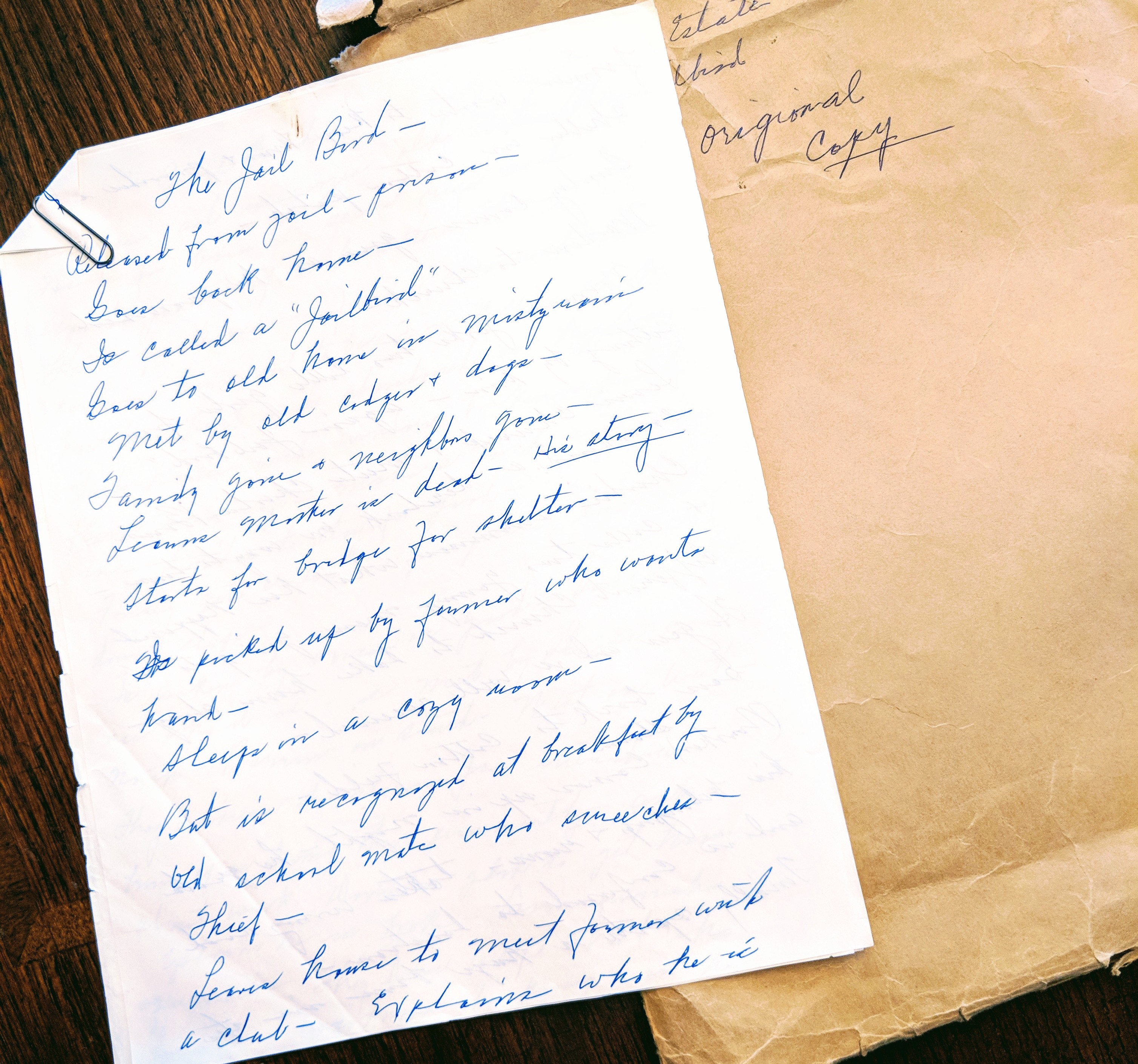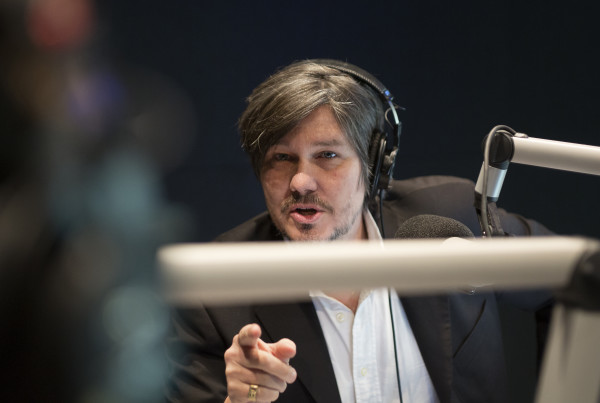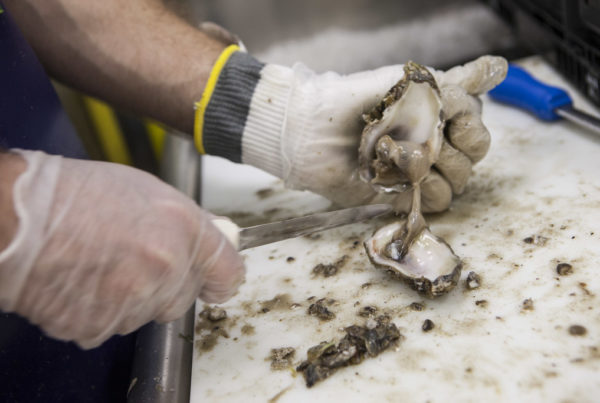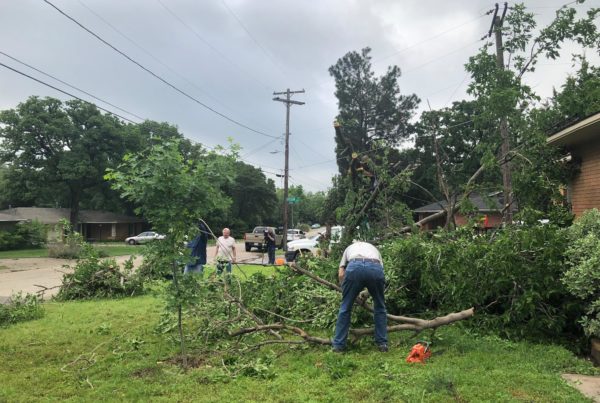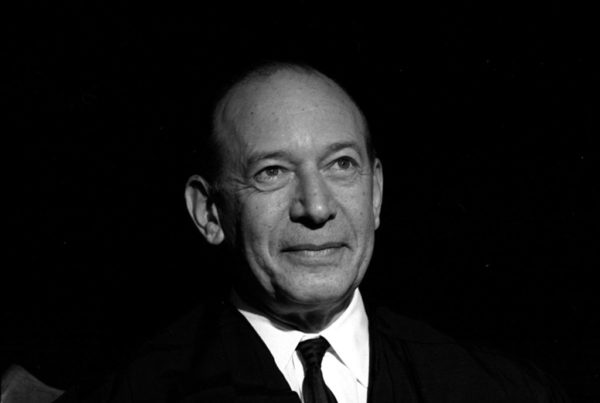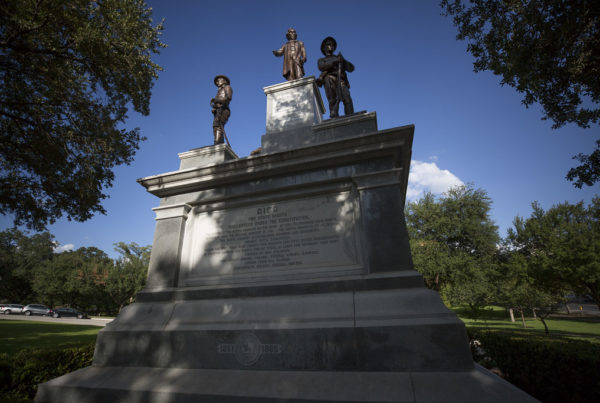On Mother’s Day, I couldn’t help but think of my grandmother, too, because she was also my mother. She was, and this remains true for many kids today, my second mother. She lived with us and was my back-up mom – my safety net of sanity when life got crazy. She was a grand-mother.
Her name was Nonnie, which my mom told me was short of Eunice. Nonnie was my nanny until I reached first grade. To the extent that I have any talent as a writer I attribute to her. She taught me to read and write early. She was a role model as a disciplined writer. When she was 70 she bought a Smith Corona electric typewriter – a beautiful shiny blue work of art with chrome trim. To me, it seemed like a sports car for writing. In six years she wrote four novels at the kitchen table during my nap time. The tap, tap, tap sound of the keys was my lullaby most afternoons.
She wrote under the name Sylvester Wimberley. Sylvester because she guessed a man was more likely to get published than a woman. Wimberley because she so loved that Hill Country town.
I wish I could tell you that Simon & Schuster discovered her and she had a couple of best-sellers, but that was not the case. When she died at age 82, in 1969, we found the four novels – and journals and diaries – in her chest of drawers, neatly stacked in manila envelopes beneath the many tablecloths she had crocheted over the years.
They were all moved up to the attic with many of her memories where they were out of sight, but not fully out of mind. When I was in graduate school ten years later, I went up there and found her manuscripts in an old suitcase behind Christmas decorations. The pages were yellowed and brittle, but still quite readable. Over the next few days I read them all. I had hoped to find an Atwood in the attic, but, truth is, Nonnie was more of a diarist than a novelist; more Aurelius than Atwood. She was, perhaps, like her grandson: good in short bursts, but not as skilled sustaining the long narrative.



